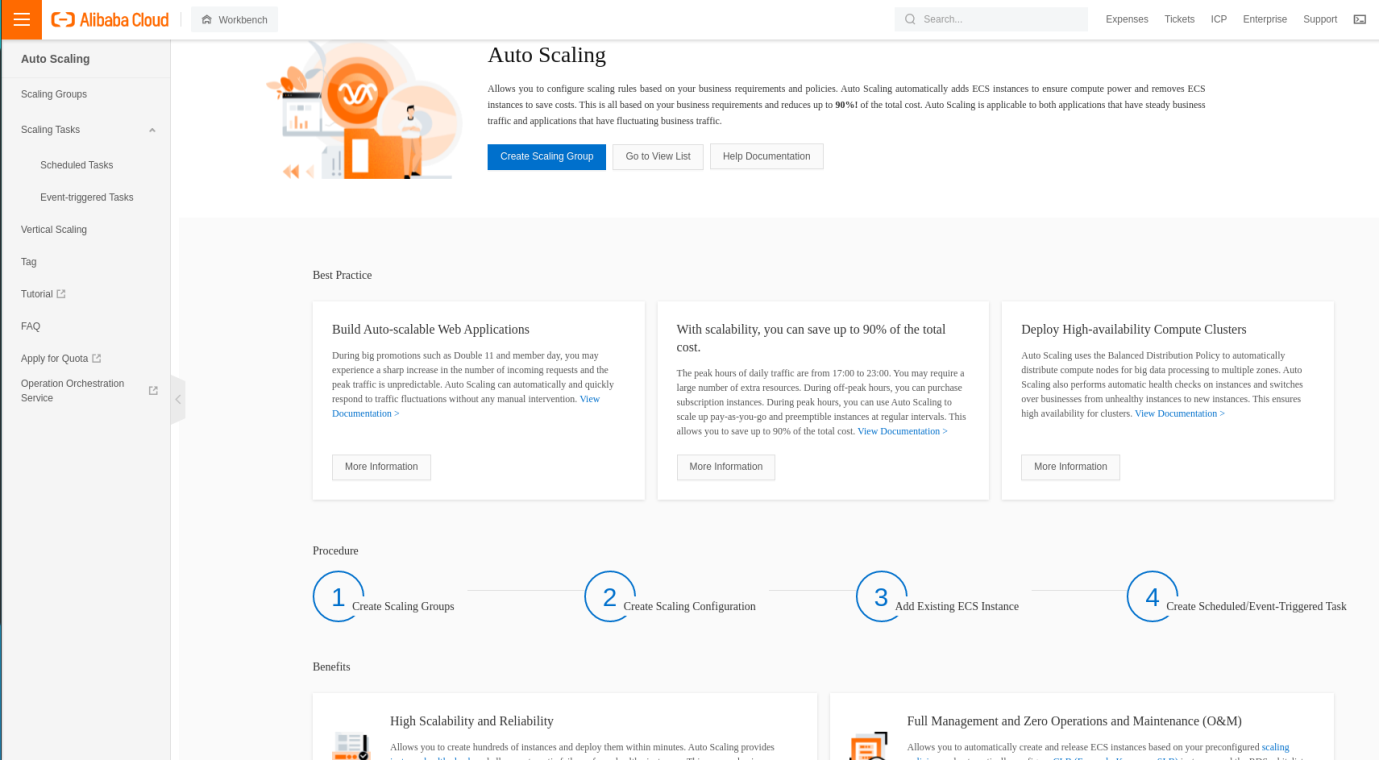By Alain Francois
The Internet has become the universal medium for all types of information, such as information, voice, video, and real-time applications. Its growth and rapid evolution in size and complexity do not allow complete control of the network and its behavior. Consequently, network operators use metrology techniques to establish and maintain their communication networks to offer the best services to their customers and optimize the use of resources as much as possible.
The Internet of Things (IoT) revolution has brought millions of small, low-cost, connected devices into our homes, cities, infrastructure, and more. IoT is the communication of sensory devices linked to the Internet to communicate data. IoT devices have extremely critical reliability with an efficient and robust network condition, enabling data sharing without human intervention. IoT can be everywhere in devices and products. Since everything is connected to the Internet, IoT devices can record and send continuous data streams about its status. As the number of devices increases, IoT can increase its effect on the bandwidth needs. As the technology develops more, the amount of data linked to IoT devices will increase.
Video streaming is one consumer network that is difficult to predict traffic spikes that lead to excessive use of Internet resources. High-definition (HD) videos cause higher bandwidth consumption. In addition, it is expected that a switch from HD video to 4K video will result in the exponential growth of Internet traffic uploads and downloads. Also, viral videos can lead to unpredictable bandwidth consumption, with a surge of users watching the video simultaneously.
There’s an evolution of existing applications and services and the emergence of new ones. It is reasonable to assume those tools will evolve to include more data-intensive features. You have a lot of users connecting to websites and apps, such as Youtube, Facebook, WhatsApp, and TikTok, every day. The rise of mobile app usage and the growth of mobile access overall is increasing the number of end-users, causing a need for optimized bandwidth management and new network monetization models.
Devices and their connectivity along with people and Internet users have increased enormously. Service provider networks are becoming larger and more complex to manage the traffic. Devices are highly portable and change traffic patterns throughout the day. Service providers build networks by adding additional, larger routers because the traffic is unpredictable. Networks are often over-provisioned to handle unforeseen spikes. More powerful devices will ultimately use more capacity and more bandwidth.
When a huge traffic spike hits your servers, it is difficult to know if you can withstand it. You can monitor the specific attributes of your instance and decide whether your overloaded server needs help or not. If you run a web application on the cloud, one can increase or decrease the number of instances as traffic goes up and down. If your traffic is predictable, you can essentially know how many instances you will need ahead of time.
Auto Scaling allows you to only pay for as many machines as needed at any given point. Alibaba Cloud Auto Scaling provides a way to scale resources automatically as traffic increases/decreases according to your business needs.
Alibaba Cloud Auto Scaling can be deployed using the following modes:
Alibaba Cloud also offers the scaling group service. After you configure the instance configuration source for a scaling group and enable the scaling group, Auto Scaling automatically scales ECS instances in the scaling group based on a scaling rule. You can activate Auto Scaling on your Alibaba Cloud panel.

The consumption of digital content is becoming more disproportionate in size. However, connecting users to content is not only about volume. Bandwidth is driven by applications, which have changed how, when, and where bandwidth is created, used, generated, and originated, making it far less predictable and much harder to manage.
How to Deploy Your Private Git Repository Using Gitea with Docker

1,347 posts | 477 followers
FollowJDP - October 15, 2021
Apache Flink Community China - April 20, 2023
Alibaba Cloud Community - December 30, 2021
Alibaba Developer - January 5, 2022
Neel_Shah - December 25, 2025
Alibaba Clouder - November 20, 2017

1,347 posts | 477 followers
Follow Auto Scaling
Auto Scaling
Auto Scaling automatically adjusts computing resources based on your business cycle
Learn More IoT Solution
IoT Solution
A cloud solution for smart technology providers to quickly build stable, cost-efficient, and reliable ubiquitous platforms
Learn More Networking Overview
Networking Overview
Connect your business globally with our stable network anytime anywhere.
Learn MoreMore Posts by Alibaba Cloud Community